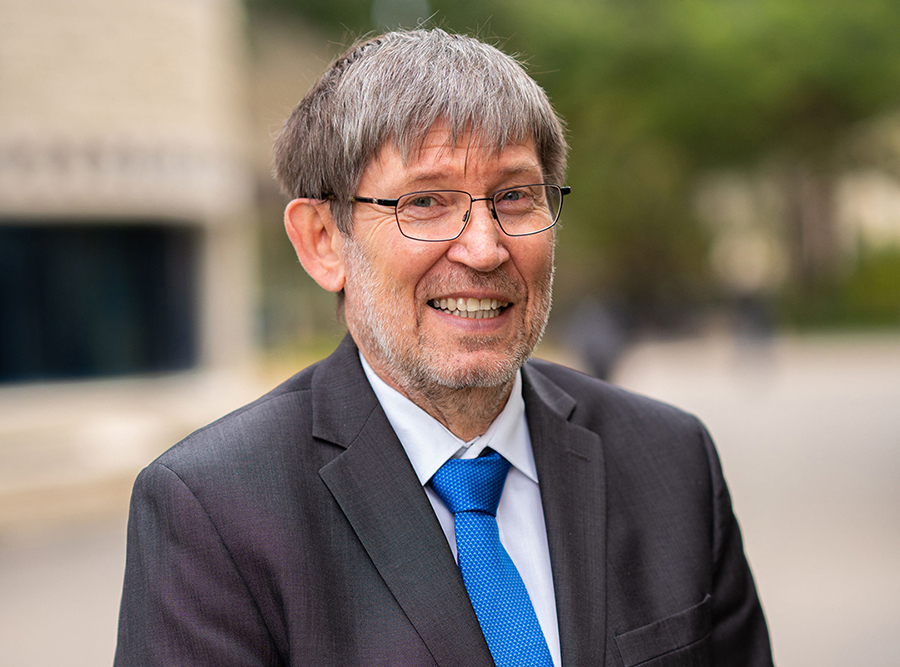
Unchanged over two decades: Marek Radomski calls for boost to biomedical spending
Dr. Marek Radomski says research pays off, in attracting dollars to post-secondary institutions, in creating healthier citizens, and in lowering health costs.
By Researchers Under the ScopeListen to all episodes of Researchers Under the Scope podcast.
Subscribe to the podcast on Spotify or Apple Podcasts
He's the vice-dean of research at the University of Saskatchewan's College of Medicine, a member of Canada's U15 Group of Canadian Research Universities.
But in a province that will spend $6.5 billion on health care this year to fight a raging coronavirus pandemic, biomedical research spending is stuck at levels last seen at the turn of the century.
For decades, the Saskatchewan Health Research Foundation (SHRF), the major grant agency, has seen its budget stagnate at around $5M dollars a year.
"My suggestion would be to double the SHRF budget," said Radomski.
"It's worth investing in research. It's worth investing in very talented people," he said. "It's worth investing in hungry young wolves. It's worth investing in our very gifted and overworked clinicians."
Radomski said for each dollar Saskatchewan spends on biomedical research through SHRF, his medical scientists bring three additional dollars back.
Most use SHRF grants as seed money to pursue larger grants from highly competitive grant programs through national agencies and organizations.
Radomski was born in Poland, and grew into one of the world's top pharmacological scientists, after four decades spent working in academia and in private industry. A quick scan of Google Scholar shows his publications are now cited by more than 28,000 researchers.
A gifted mentor, Radomski moved from Trinity College to Saskatoon five years ago, and said Toronto, Montreal and Vancouver needn't be Canada's only high-profile destinations for scientific research.
"There's lots of room for us to be the leaders," he said.
Radomski pointed to clinician scientists at the College of Medicine leading the way in the treatment of strokes, along with multiple sclerosis.
Under his watch, he's hired 12 "hungry young wolves" -- outstanding young scientists who have relocated to Saskatoon to push forward new discoveries, techniques and treatments."
"We want to compete with Harvard," he said. "Maybe not in everything but there might be some areas where we can make a huge difference."
Radomski said even with COVID-19, a breakthrough may be on its way, as scientists at the USask Vaccine Infectious Disease Organization (VIDO) push a low-cost SARS-CoV2 subprotein unit vaccine toward its final round of human clinical trials.
Radomski admits he's made the case for targeted research spending to politicians "for some time now."
He won't stop until he sees results.
"We've heard you need to keep on repeating your story," he said. "We've got amazing champions across the campus. COVID brought us an opportunity to highlight the work of these champions."
In this episode, he points to the work of several Saskatchewan physicians and scientists whose efforts are already improving patient health -- and who may ultimately pull Saskatchewan out of the pandemic.
"This is our ambition. It's a tough one to accomplish, but worth going for," said Radomski. "We want to be the top."
